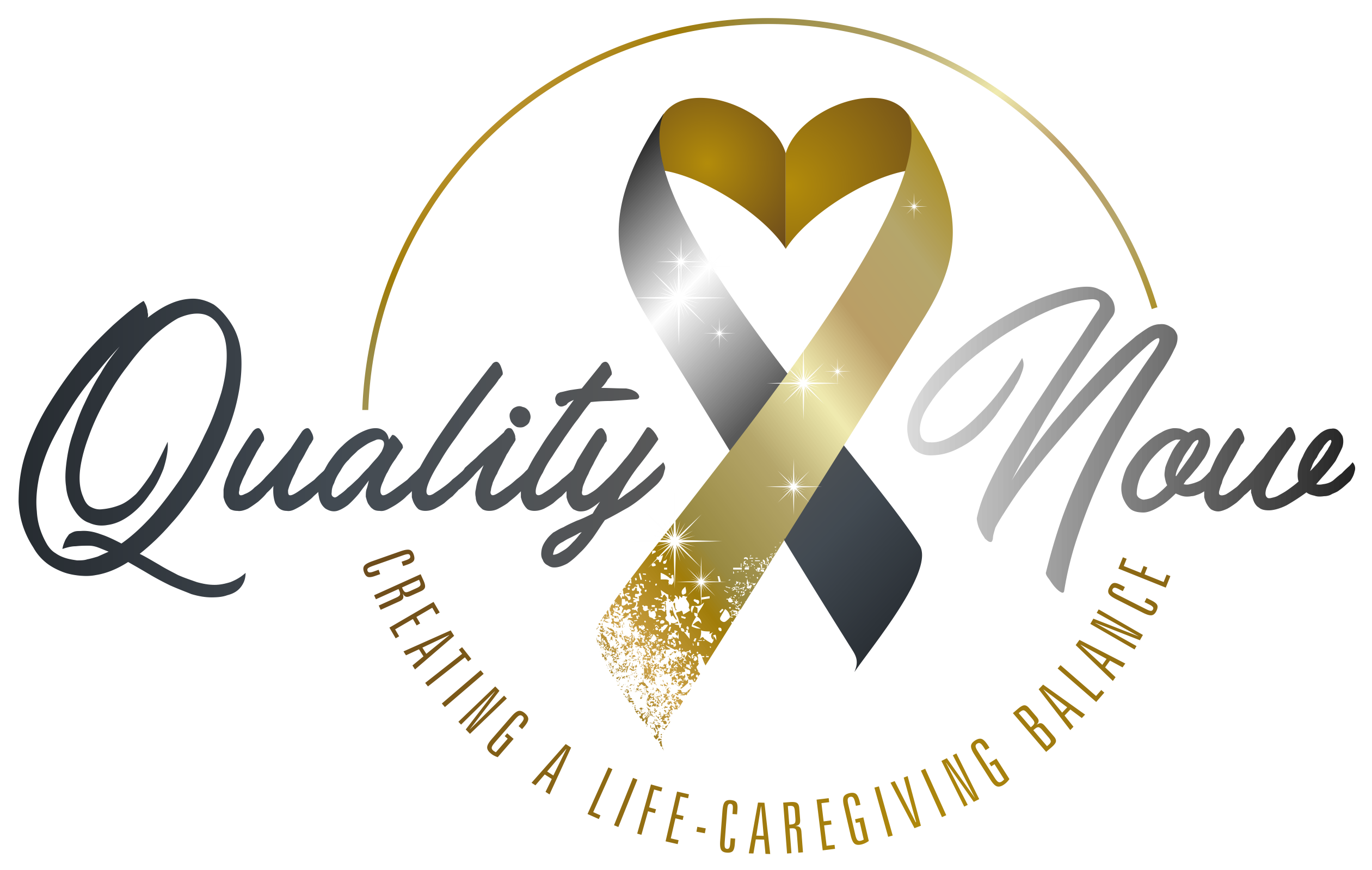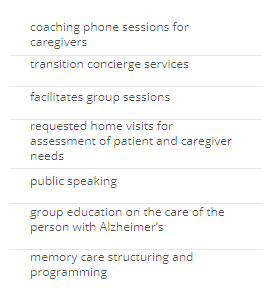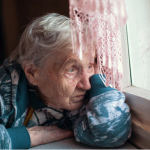The one thing I always wanted to do in my career, was to put staff childcare centers in my skilled nursing and rehabiitation facilities. The stop gate was the potential liability and other factors that perhaps I could overcome today. It is not a secret that there is a bond between children and the elderly,
At youngest we’re most pure, at our oldest we’re most experienced but at both; we’re the softest at heart. Maybe that’s why those ages get along the most. It’s somewhere in the middle where we lose ourselves – (unknown)
I especially noticed this bond, watching my grandchildren with my mom. Although she reached a stage where she did not know their names, she continued to exhibit the same caring feelings she always had. They were important to her life, and seeing their connections proved the importance. When one of the children was with her, she would lighten up with an outreaching hand to them. She would watch them play and smile or sometimes laugh out loud. Mom could be having a bad day, the children brought special moments of joy and an effortless smile.
This holds true with most seniors and children. I watched hundreds of patients over the years respond to their grandchildren and children in general. They speak, they raise a brow and form a smile. Perhaps because the elderly have more time to dedicate to the child, or they fondly remember their own children, or maybe its the reason why most of us are endeared with a child. They are harmless, sweet, and generally loving life. they are not tainted yet, nor are they judgmental. Ironically, especially in patients with dementia or Alzheimer’s, in spite of loosing declarative memory, they have the ability to have feelings and emotions. Why not solicit those emotions as often as we can.
Aging experts are currently promoting “intergenerational connections.” The connection’s potential for therapeutic outcomes is good for both. It is proven that these relationships can improve the immune system to enhancing social intelligence. When considering intergenerational connections, this also includes the company of older children as well. The benefits of a teenager’s relationships with their grandparents are priceless. When the grandparent is cognitively intact, the lessons learned for the teenager as described by their grandparents become pleasant life long memories.
Children have the ability to instill a sense of purpose within the elderly and reduce any feelings of isolation. The elderly person that is ill will still find the joy that is needed for the heart.
I strongly believe, however, that child-level discussions regarding a grandparent’s illness is important for them to understand a change in normal behavior as well as prepare them for an impending decline in condition. Children are intuitive, and will most likely ask many questions. That’s okay, we answer in terms they can relate too and continue with the nurturing and positive relationships.





